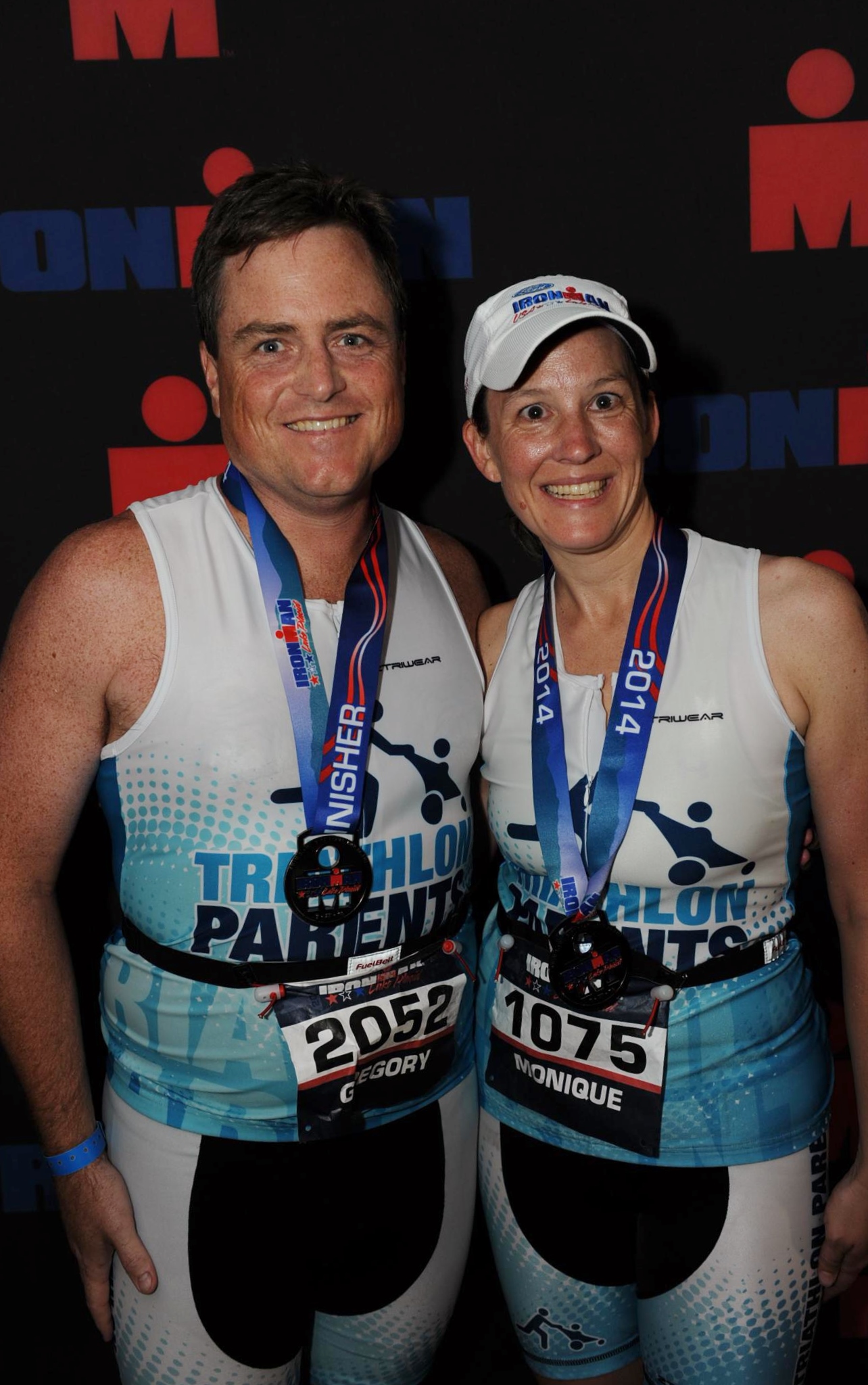The first question people typically ask after I say “yea, I’m doing another Ironman”, isn’t Why. It’s How. It’s a really good question. All endurance athletes I know – regardless of whether they’re marathoners, swimmers, triathletes, etc. –seem to struggle with how to get it all done within the confines of 24 hours. Let’s be honest: some of us just struggle with work and family, let alone adding 10-20 hours of training into each week. So, is there a secret? No. It’s basically a plan. Here’s how (I think) it will work.
First, you have to figure out your goal. For some, it’s a PR. For some, it’s just to finish. For some, it’s an improvement in a certain event. Before you start, be realistic about your objective. Share it with your spouse and family. Make sure that everyone is bought into supporting you. (No small feat, especially in families with one endurance athlete!) Then, you can set your plan.
Second, you have to be honest about something. You CAN’T do it all. There are only 168 hours in each week, and you can’t go back in time to get more (sorry Harry Potter fans, it’s purely fiction.) So, something in your “ideal” time allocation will have to slip. It’s basic math. Figure out your priorities and what you CAN do – which may change from month-to-month or week-to-week, and then go from there. Maybe you’re finishing a project at work so family time gets cut. Maybe it’s holiday break so family time seems to usurp your “free” moments. Maybe you’re recovering from a cold and you need more sleep. Set your priorities each week, and adjust your schedule accordingly. Just make sure that you’re not starting a trend of dropping workouts. That’s a slippery slope.
Third, set your schedule. Again, you have 168 hours in each week. For me (the consummate planner – which I view as a major asset in Ironman training), I start with the number of hours of training that I need each week, and work backwards. Excel can be your friend. Here’s an example of a breakdown:

Sure, it looks reasonable, right? But life is never that simple. For example, I have no commute (gotta love working from home, but as a consultant, that’s not always the case. Sometimes I am at client sites, which means I lose up to 2 hours in the commute. Plus, some weeks you aren’t working 40 hours (face it, most of us don’t). Just remember, don’t skimp on the Sleep. It’s important for your mental health and your physical health and recovery. You can cut somewhere, but avoid sacrificing sleep.
So how to you “find time?” Basically, you carve time, and double up events when you can. See my next post on Doubling Up – Time Management for a few tricks.




